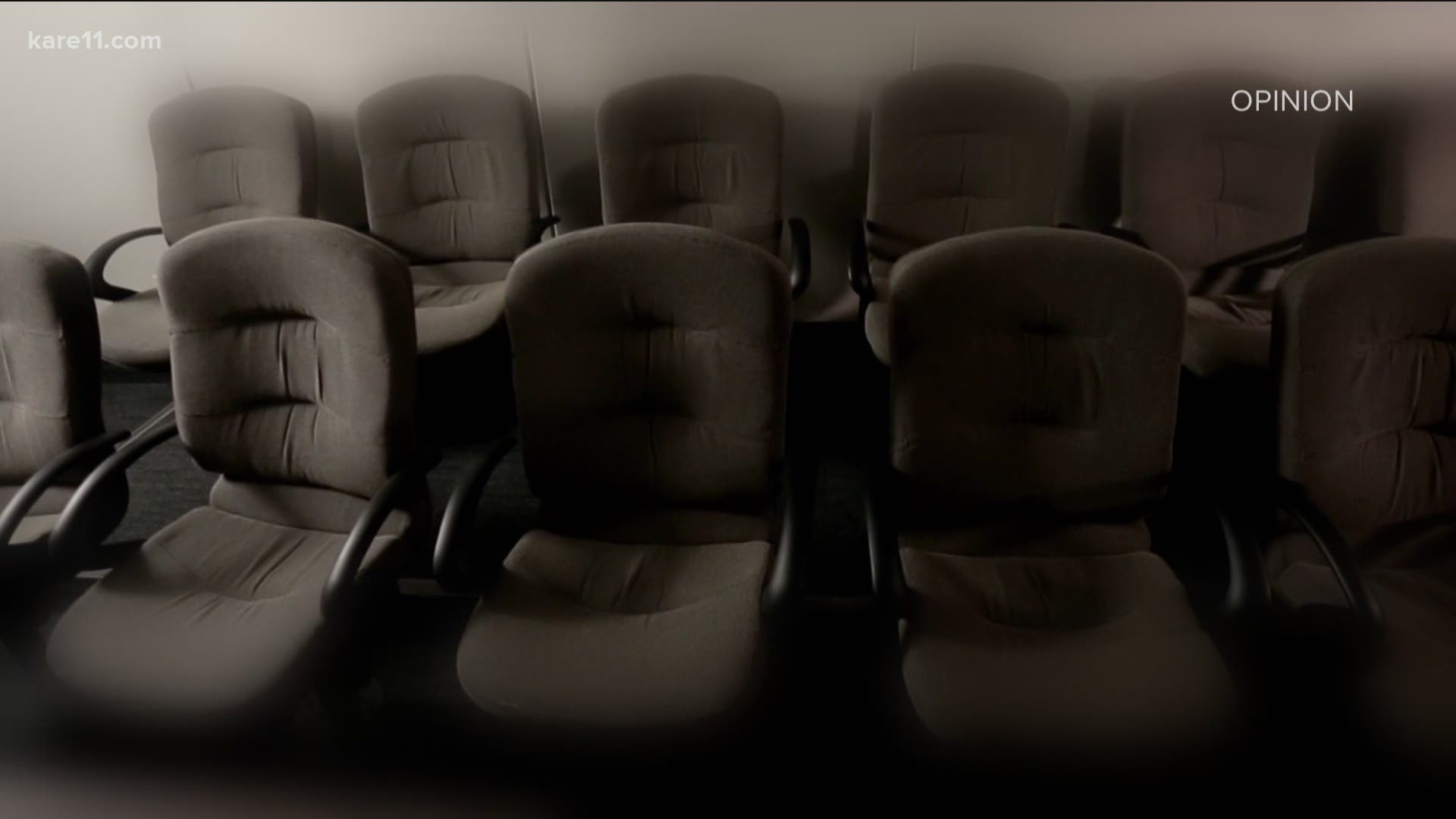MINNEAPOLIS — The world is watching now, as jury selection continues for the trial of former Minneapolis police officer Derek Chauvin, who is charged with the killing of George Floyd.
"It makes it certainly a more nail-biting experience," Professor Henning Schroeder said.
Schroeder is a former Vice Provost and Dean of Graduate Education at the University of Minnesota. He said although he is not a "card-carrying legal scholar," he said he's always been interested in comparing European systems to U.S. systems.
Currently he teaches a class that does just that at the U of M.
Schroeder said he'll be watching the trial closely with curiosity. He penned an opinion piece in the Star Tribune this morning, raising doubts about the uniquely American experience that is the 12-person jury.
"My point is, wouldn't it be better-- instead of 12 jurors that have to be trained in a crash course in the law, and in legal matters, to have a panel of professional judges?" he said.
Schroeder said he's not advocating for a one judge, bench trial for all criminal proceedings. Instead, he's entertaining the idea that there could be a panel of maybe three to four judges on a case instead.
"Most European countries have a panel of judges who are looking at cases, and they got away with lay juries in the 20th century," he said. "Germany [did] in 1924, mostly because they thought, 'I think it's better to have professional people discussing these cases.'"
He said he understands why lay people ever got involved with trials, though.
"The jury system like it is in the U.S., was the exact same thing that it was in revolutionary France," he explained. "It came up at the same time because judges couldn't be trusted at the time because they were always siding with the king, and judges came from aristocratic backgrounds in many cases, so you needed the people's jury."
However as societies became more democratic, and at least in Germany where the appointment of judges is still less politicized than it is here in the U.S., judges are chosen. It's usually those who pass law school with flying colors.
"You apply for open positions and then there's a selection process that is very apolitical, as apolitical as possible," he added.
So that brings us back to Schroeder's question of whether 12 random people screened by a questionnaire should be involved in a trial at all.
"I certainly appreciate that people step forward and volunteer to be a juror in these cases-- I'm not belittling that-- I just wonder, partly because where I'm coming from, whether this is the best way to deal with these issues of criminal trials."
The National Judicial College does have a document highlighting the importance of jury trials. You can find that here.

